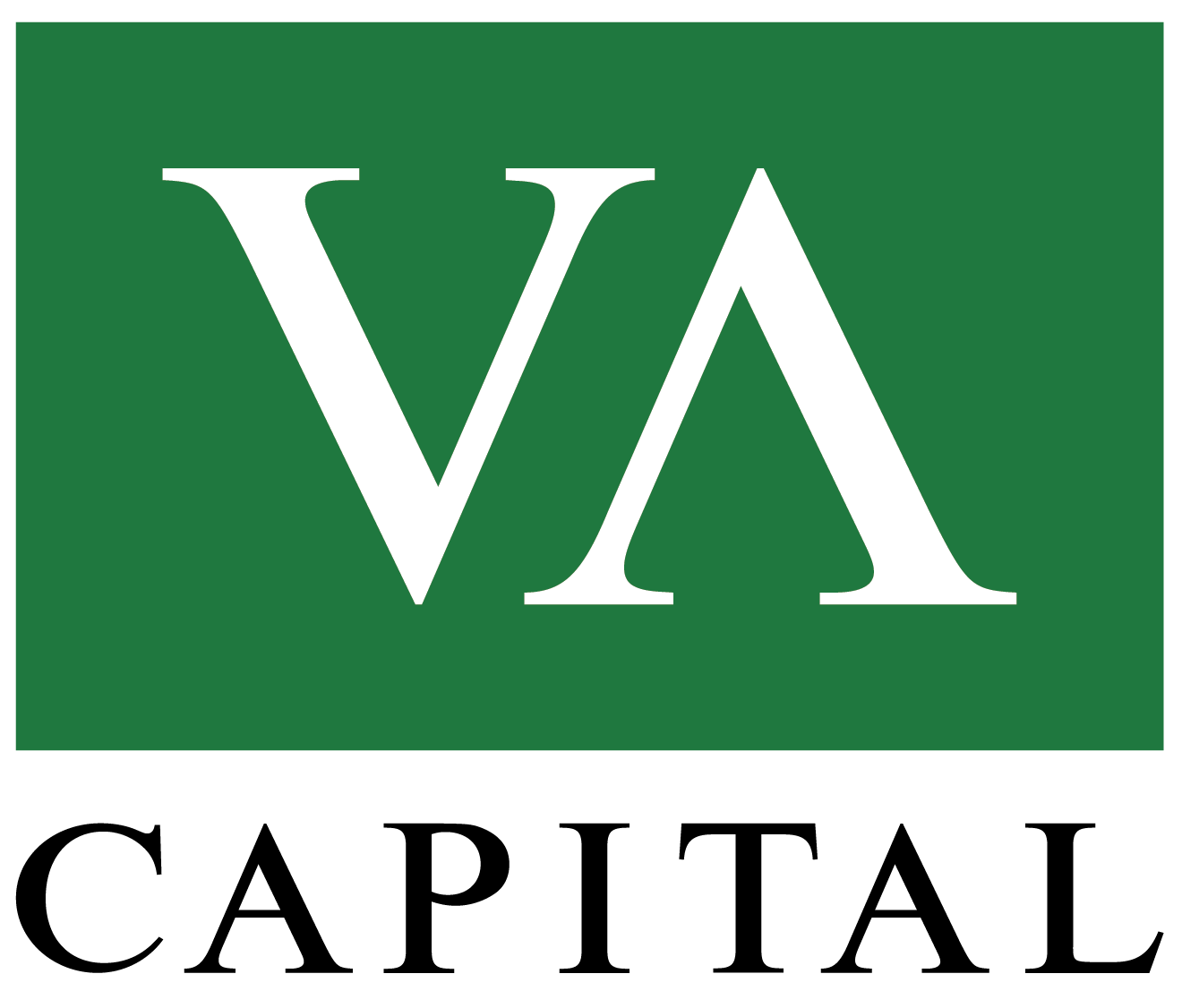

VA Capital

Quebec, Canada
September 2023
Mortgage advice & brokerage
Service with Minor Environmental Footprint
Canada
VA Capital is Quebec’s leading commercial real estate mortgage firm with an institutional level of industry knowledge and lender relationships. VA Capital was established in 2019 by Jeffrey Soliman, a commercial real estate veteran fostering a multi-billion-dollar track record. Our passionate team spearheading operations consists of a combination of institutional commercial lending executives, experienced underwriters, and dedicated funders. Combined with 85 years of industry experience and more than $20 billion in completed loans, the VA Team brings an unparalleled level of execution to the table. Our pride lies in our lasting relationships within the lending community as well as our in-depth market knowledge. We specialize in CMHC insured, construction, and conventional loans, across every asset class: multi-family, office, retail, industrial, hospitality, student housing, life science and land development. The VA in VA Capital represents our hard-working commitment in a Value Add impact-based process throughout every transaction. Our hands-on approach is the key to our successful track record in delivering our clients’ ambitions.
Overall B Impact Score
Governance 17.3
Governance evaluates a company's overall mission, engagement around its social/environmental impact, ethics, and transparency. This section also evaluates the ability of a company to protect their mission and formally consider stakeholders in decision making through their corporate structure (e.g. benefit corporation) or corporate governing documents.
What is this? A company with an Impact Business Model is intentionally designed to create a specific positive outcome for one of its stakeholders - such as workers, community, environment, or customers.
Workers 29.6
Workers evaluates a company’s contributions to its employees’ financial security, health & safety, wellness, career development, and engagement & satisfaction. In addition, this section recognizes business models designed to benefit workers, such as companies that are at least 40% owned by non-executive employees and those that have workforce development programs to support individuals with barriers to employment.
Community 22.9
Community evaluates a company’s engagement with and impact on the communities in which it operates, hires from, and sources from. Topics include diversity, equity & inclusion, economic impact, civic engagement, charitable giving, and supply chain management. In addition, this section recognizes business models that are designed to address specific community-oriented problems, such as poverty alleviation through fair trade sourcing or distribution via microenterprises, producer cooperative models, locally focused economic development, and formal charitable giving commitments.
Environment 7.9
Environment evaluates a company’s overall environmental management practices as well as its impact on the air, climate, water, land, and biodiversity. This includes the direct impact of a company’s operations and, when applicable its supply chain and distribution channels. This section also recognizes companies with environmentally innovative production processes and those that sell products or services that have a positive environmental impact. Some examples might include products and services that create renewable energy, reduce consumption or waste, conserve land or wildlife, provide less toxic alternatives to the market, or educate people about environmental problems.
Customers 2.6
Customers evaluates a company’s stewardship of its customers through the quality of its products and services, ethical marketing, data privacy and security, and feedback channels. In addition, this section recognizes products or services that are designed to address a particular social problem for or through its customers, such as health or educational products, arts & media products, serving underserved customers/clients, and services that improve the social impact of other businesses or organizations.